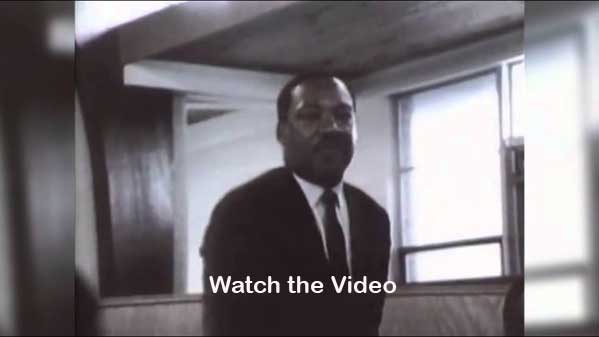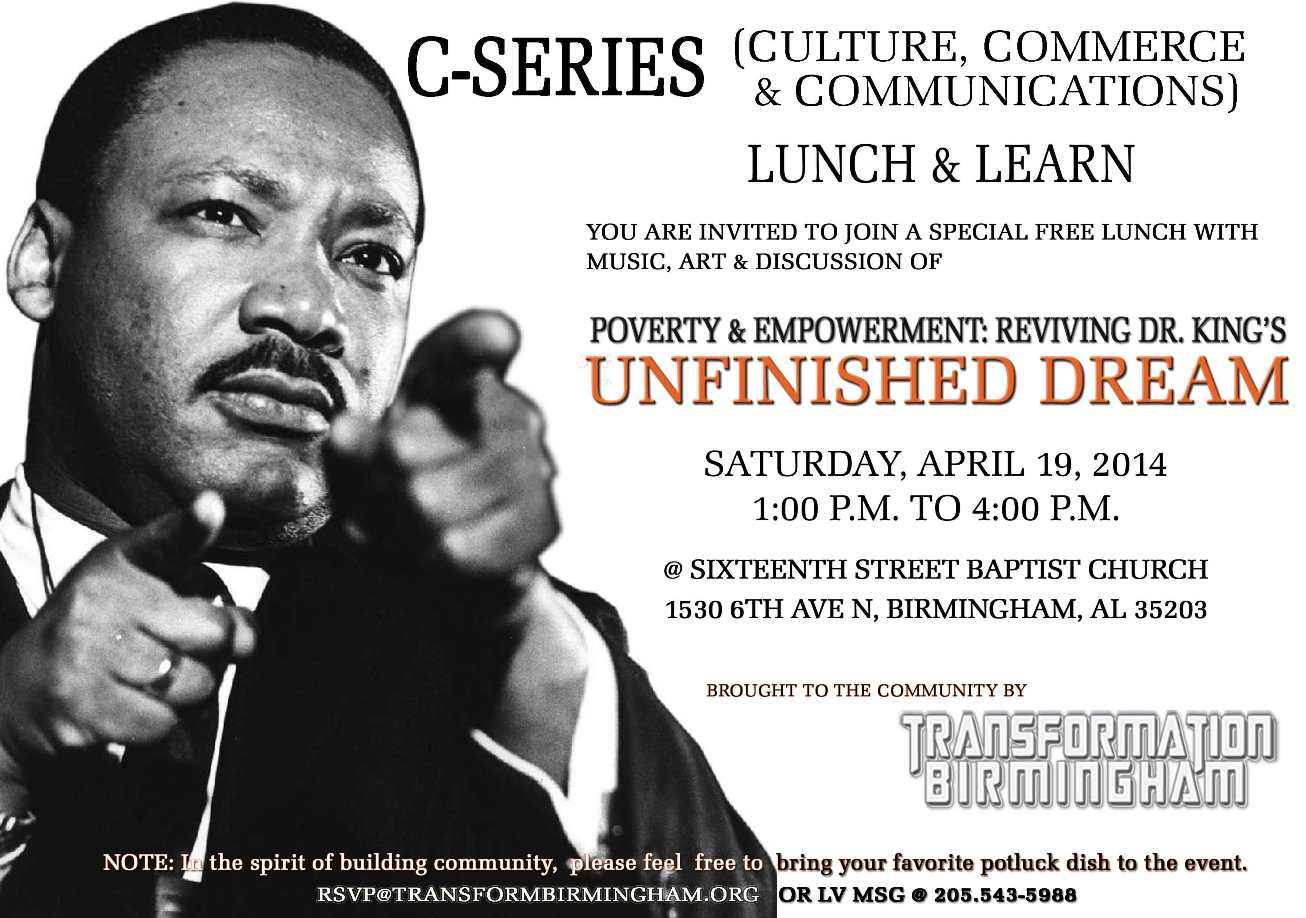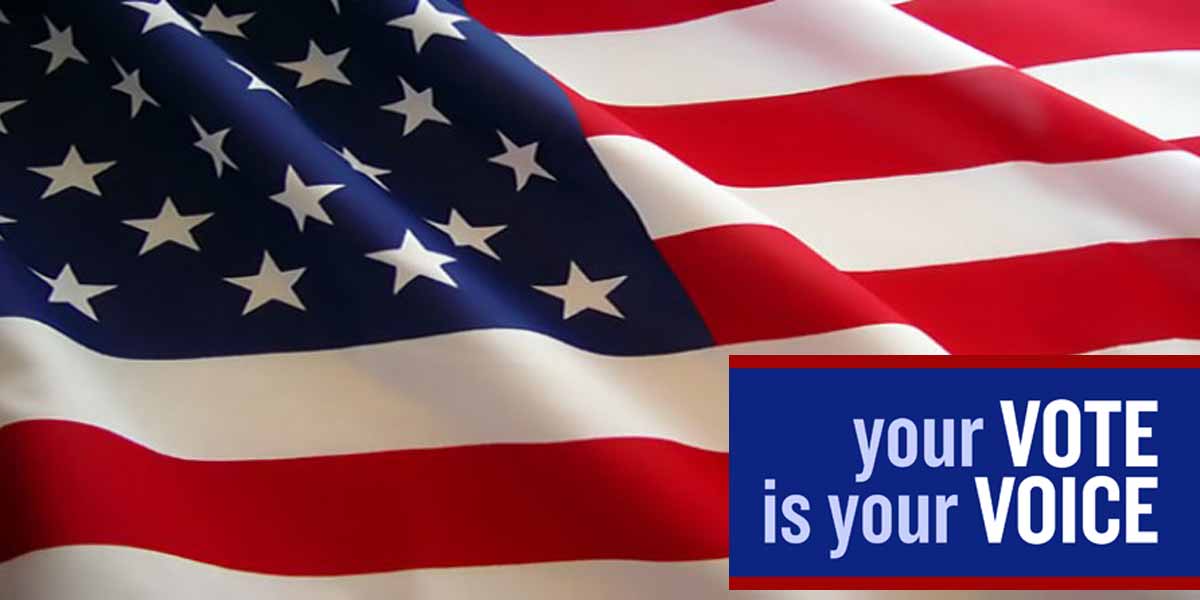Dear Visitor,
Dr. King's Last Will and Testament
The last item on Dr. Martin Luther King's agenda was economics. He spoke about it the day before he was assassinated.
As a young reporter many years ago, I asked Harry Belafonte after this MLK Unity Breakfast speech, what would have been the next phase of the cCivil Rights Movement had Dr. King lived. He said the economic agenda.
In recent years, I learned about the Poor People's Campaign the Southern Christian Leadership Conference was planning (The Root has an excellent article on the campaign on its site on today, the 46th anniversary of Dr. King's assassination.) It would have been something like the August 1963 March on Washington. While most people dub his sermon then the "I Have A Dream" speech, where the focus is traditionally on blacks and whites living together in harmony like piano keys.
But the march is formally called "The March on Washington for Jobs and Freedom." And in that speech he says,
In a sense we have come to our nation's capital to cash a check. When the architects of our republic wrote the magnificent words of the Constitution and the Declaration of Independence, they were signing a promissory note to which every American was to fall heir. This note was a promise that all men, yes, black men as well as white men, would be guaranteed the unalienable rights of life, liberty, and the pursuit of happiness.
It is obvious today that America has defaulted on this promissory note insofar as her citizens of color are concerned. Instead of honoring this sacred obligation, America has given the Negro people a bad check, a check which has come back marked "insufficient funds." But we refuse to believe that the bank of justice is bankrupt. We refuse to believe that there are insufficient funds in the great vaults of opportunity of this nation. So we have come to cash this check -- a check that will give us upon demand the riches of freedom and the security of justice.
His sense of justice for African Americans always had at its core economic inclusion as a integral part of fairness and inclusion. How that economic agenda looked to him came into clearer focus later in life, as he consulted with other thinkers and activists who had been trying to solve the perplexing challenge of persistent poverty in the Black community in particular, and in certain areas of the country.
He was clearly looking for more than just quotas and set-asides, and knew the government as well as the private sector would have to play a role in leveling the playing field. For instance, in another of his final speeches, he said the government provided an economic floor for white peasant immigrants, and that, in the Poor People's campaign, he was leading a march to "get our check."

And in his speech the night before his April 4, 1968, assassination in Memphis, he said:
Now the other thing we'll have to do is this: Always anchor our external direct action with the power of economic withdrawal. Now, we are poor people. Individually, we are poor when you compare us with white society in America. We are poor. Never stop and forget that collectively -- that means all of us together -- collectively we are richer than all the nations in the world, with the exception of nine. Did you ever think about that? ... That's power right there, if we know how to pool it.
Some of these and other lesser-known quotes of Dr. King will be discussed during the next C-Series Lunch & Learn discussions at Sixteenth Street Baptist Church on April 19, 2014.

Read More
Non-Partisan Voter Education and Registration Forum
The Upsilon Eta Omega (UEO) Chapter of Alpha Kappa Alpha Sorority (AKA), Inc. connects with the Magic City Bar Association (MCBA) and the League of Women Voters of Greater Birmingham (LWVGB) to host a community forum on voting Tuesday, April 8, at St. John AME Church in downtown Birmingham.

The non-partisan community forum, which begins at 6 p.m., is designed to make the public aware of voter rules that are now going into effect this election cycle and are being implemented by Alabama’s Secretary of State.
The Honorable Judge Alan L. King, Chief Elections Officer of Jefferson County, President of the Probate Judges Association of Alabama, and Probate Judge of Jefferson County, is the guest speaker. Much of the non-partisan community forum is expected to focus on implementation procedures for the new requirement that the voter must present a valid form of photo identification in order to vote. The forum is free and open to the public.
The event will also include voter registration. The Jefferson County Office of Senior Citizen Services (JCOSC) will take photos of senior citizens 60 years or older who need photo IDs under Alabama’s new law that now require them for voting.
The new voting regulations were passed by the Alabama legislature in 2013. Photo voter identification will be required for the first time at the Alabama party primary elections on June 3,2014. Many citizens, particularly in low-income and elderly populations, do not have a valid driver’s license or other photo identification. These citizens will be required to obtain acceptable photo voter identification before they will be allowed to vote. The voting rules state that free photo identification will be provided by the state of Alabama to any voter who does not have one and who meets certain criteria.
“Dr. W E B DuBois once stated ‘the power of the ballot, we need in sheer defense, else what shall save us from a second slavery?’” says O. Tameka Wren, President of the MCBA. “We do not want the voter photo ID requirements to deter citizens from voting; therefore, we want to devote time discussing the importance of voting during this community forum.”
Read More
|

